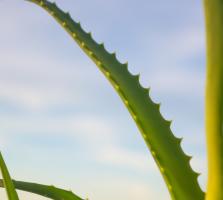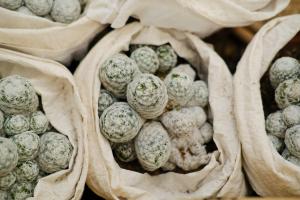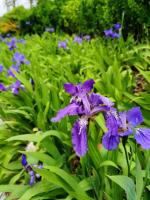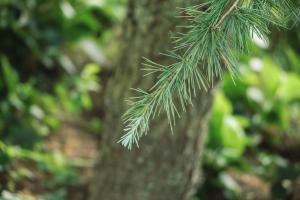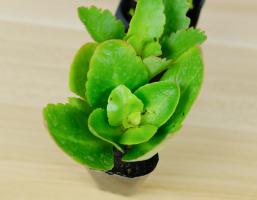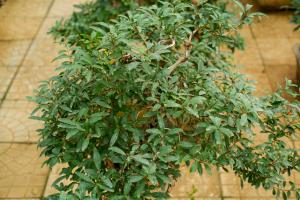Does Dish Soap Water Kill Plants?
Dish soap water is a commonly used cleaning solution that is effective in removing dirt, grease, and grime from household surfaces. While it may be effective in cleaning your dishes, it is important to know whether it is safe to use on your plants. Many people use dish soap water as an insecticide, but this can be harmful to your plants if not used correctly.
The Effects of Dish Soap on Plants
Dish soap contains chemicals that can be harmful to plants, such as phosphates and triclosan. When used in large concentrations, these chemicals can damage the plant's leaves, roots, and soil. This damage can prevent the plant from absorbing the nutrients and water it needs to grow, making it more susceptible to disease and insect infestations.
In addition, dish soap can disrupt the delicate balance of microorganisms in the soil, which can have negative effects on the plant's health. This disruption can lead to a decrease in the soil's fertility, making it more difficult for the plant to access the nutrients it needs to grow.
Using Dish Soap Water as an Insecticide
While dish soap water can be effective in controlling insect infestations on plants, it is important to use it correctly to avoid damage to the plant. The best way to use dish soap water as an insecticide is to dilute it with water and use it sparingly. A ratio of 1 tablespoon of dish soap to 1 gallon of water is a safe concentration to use. This solution can be sprayed onto the plant's leaves, making sure to avoid the roots.
It is also important to note that some plants are more sensitive than others to dish soap water. Always test a small area of the plant before applying the solution to the entire plant. If the plant shows signs of damage, such as wilting or discoloration, stop using the dish soap water immediately.
Alternative Methods for Pest Control
If you are concerned about using dish soap water on your plants, there are alternative methods for controlling insect infestations. These methods include:
Using natural predators, such as ladybugs or praying mantises, to control pests.
Planting companion plants that repel insects, such as marigolds or garlic.
Using organic pesticides, such as neem oil, which are safer for plants and the environment.
In Conclusion
While dish soap water can be an effective tool for controlling insect infestations on plants, it is important to use it correctly and sparingly to avoid damage to the plant. Always dilute the solution with water and test a small area of the plant before applying it to the entire plant. Ultimately, there are alternative methods for controlling pests that may be safer for your plants and the environment.

 how many times do yo...
how many times do yo... how many planted tre...
how many planted tre... how many pine trees ...
how many pine trees ... how many pecan trees...
how many pecan trees... how many plants comp...
how many plants comp... how many plants can ...
how many plants can ... how many plants and ...
how many plants and ... how many pepper plan...
how many pepper plan...